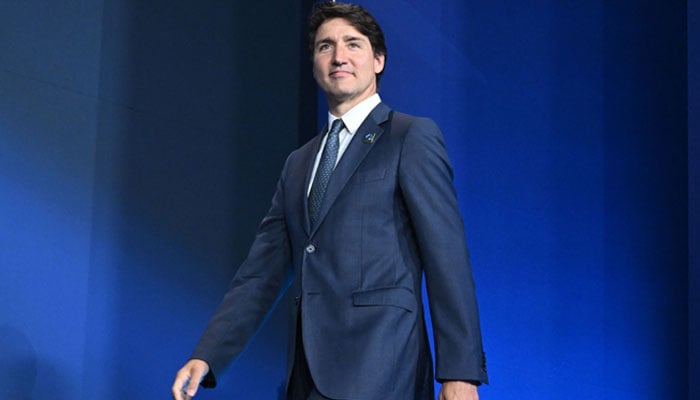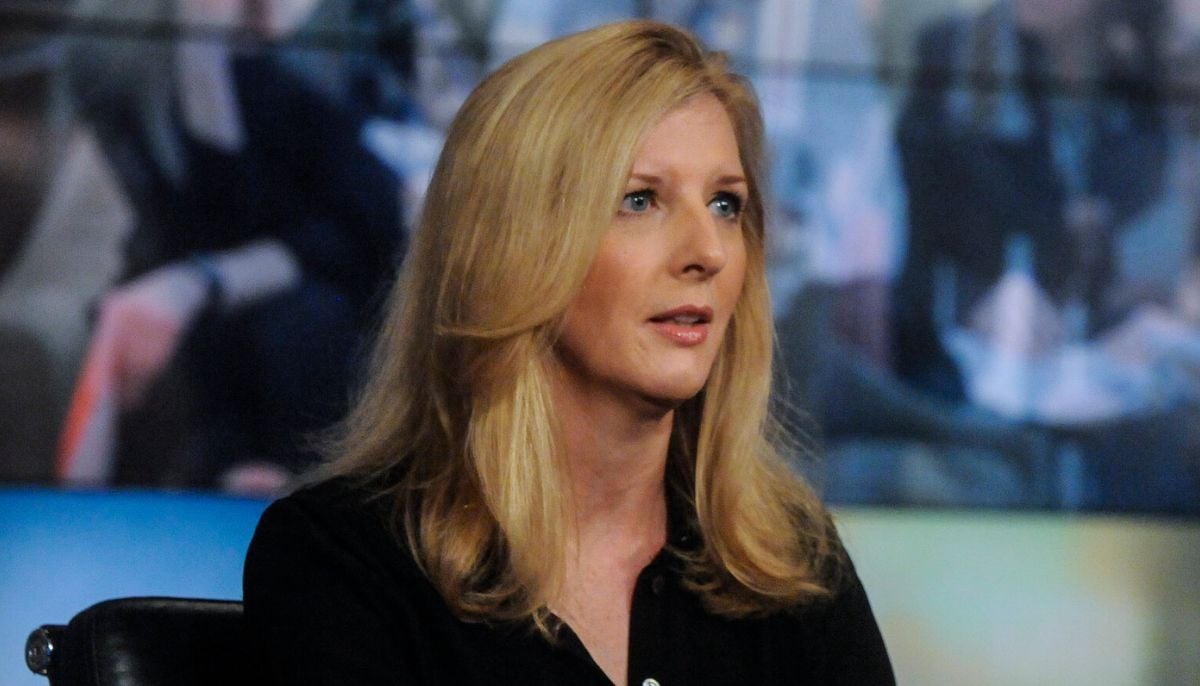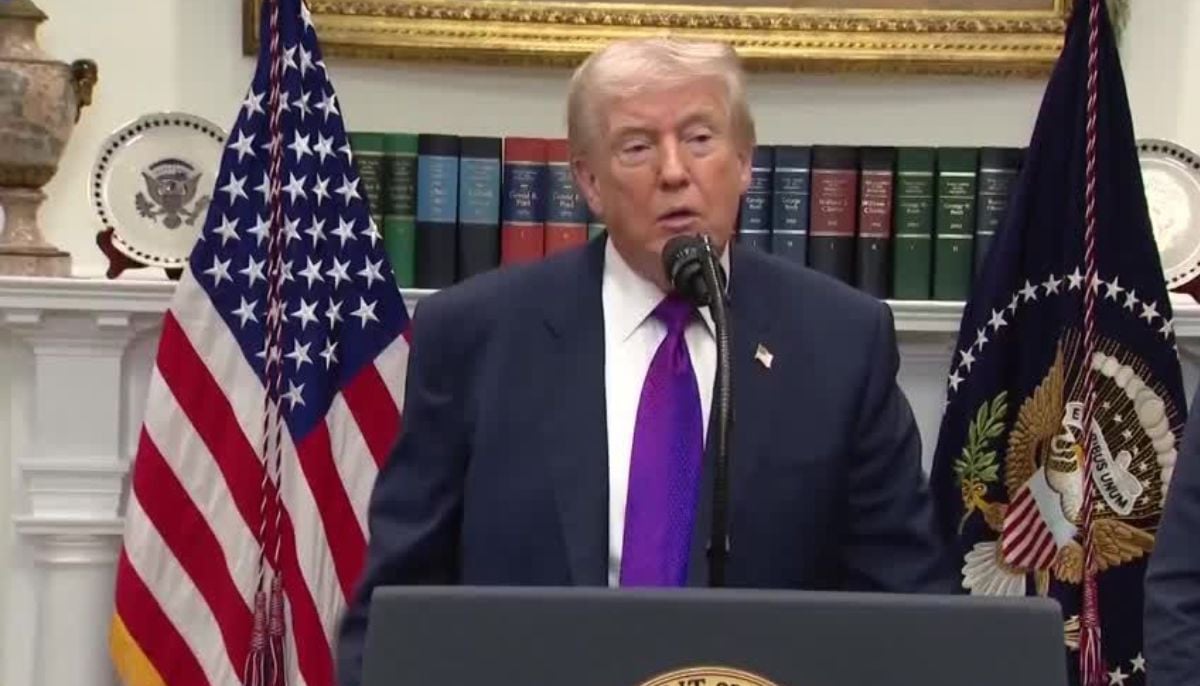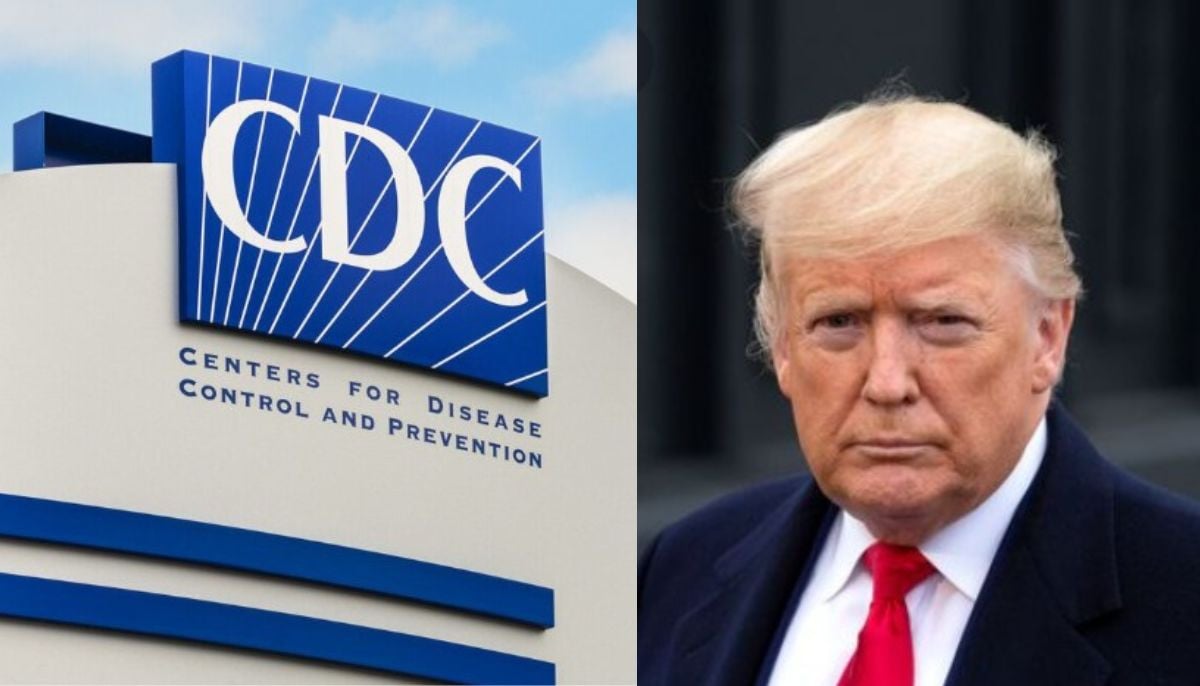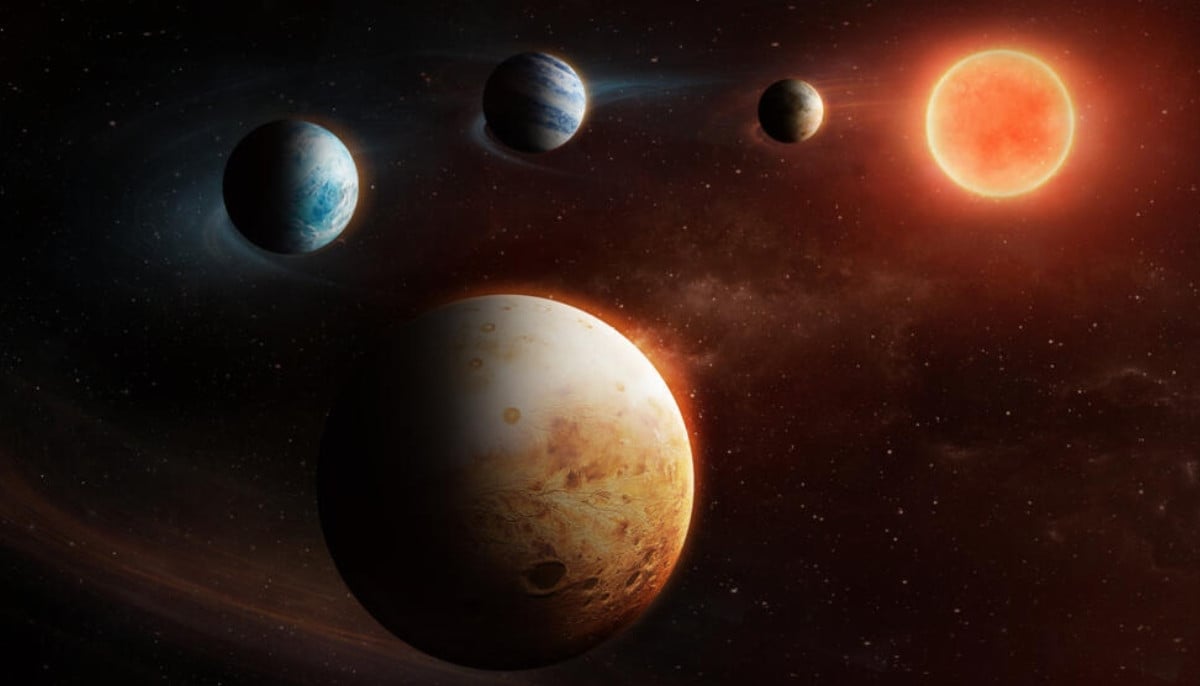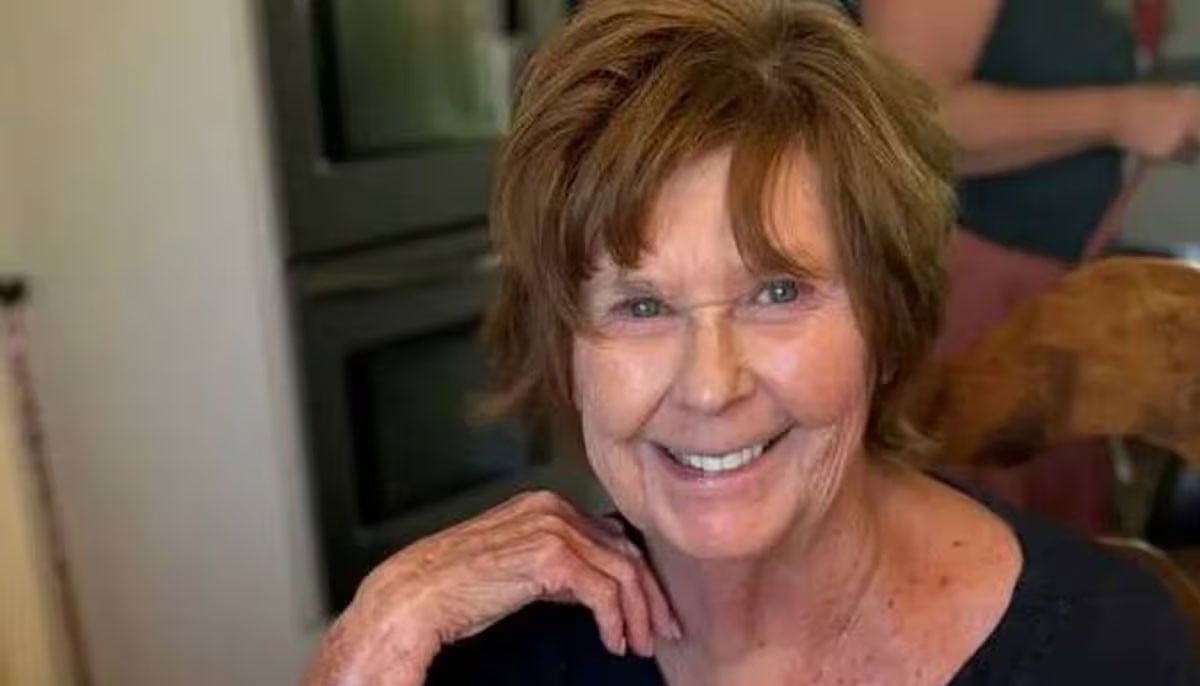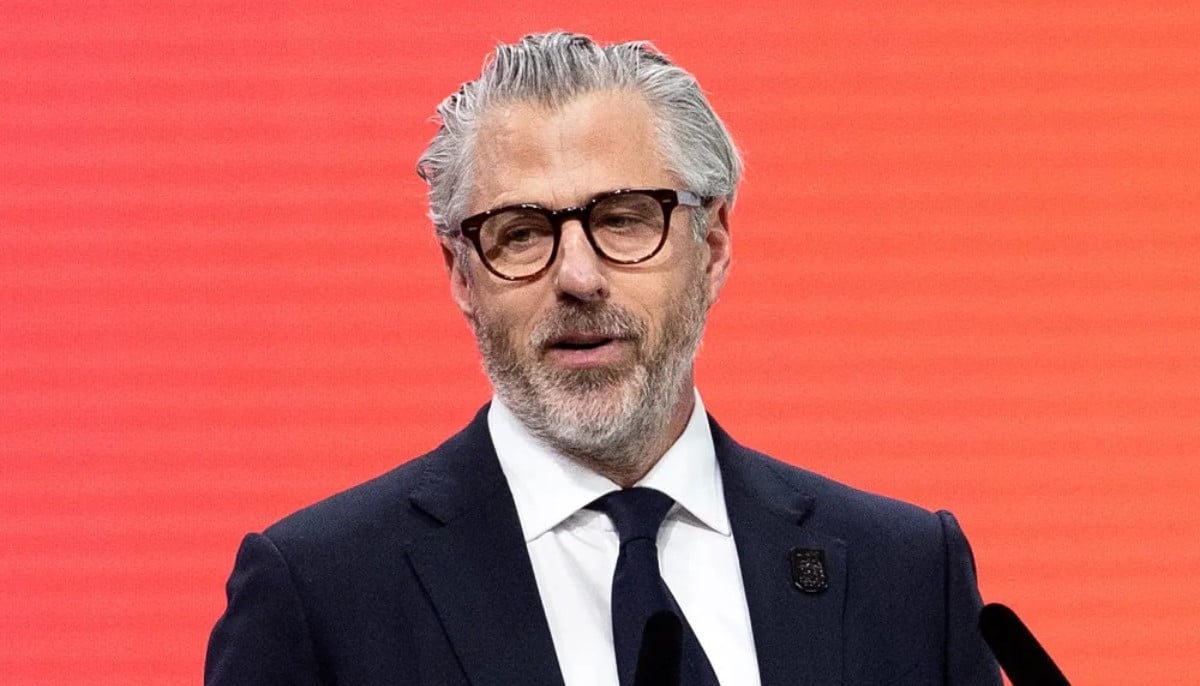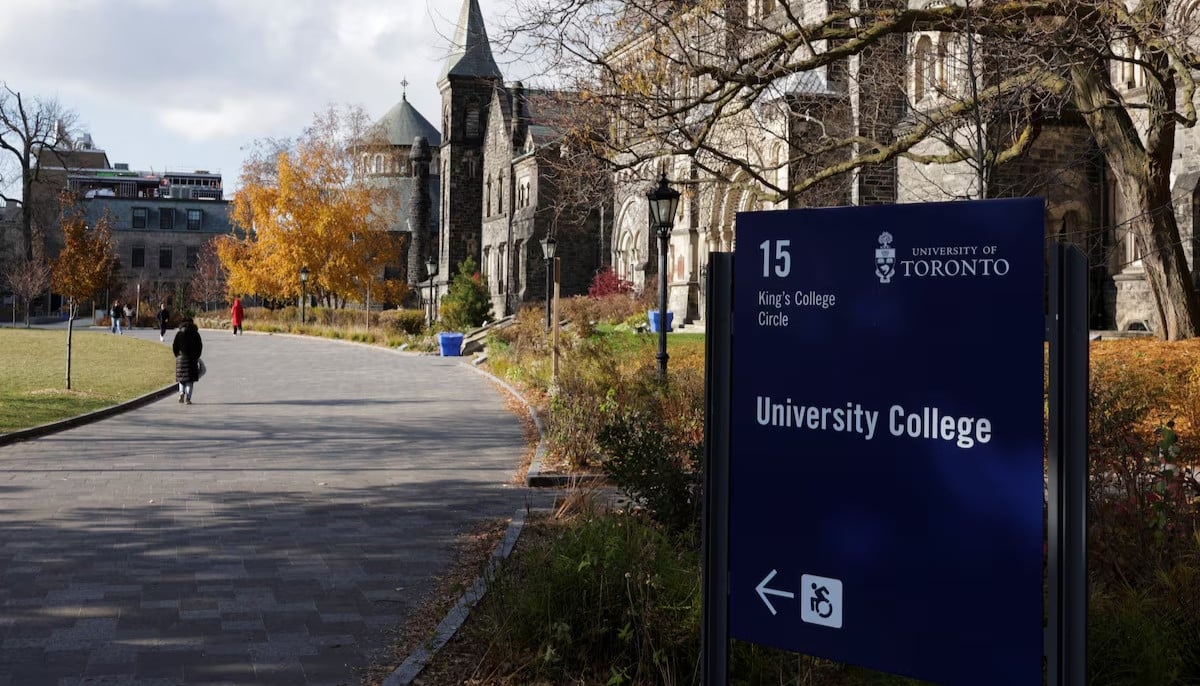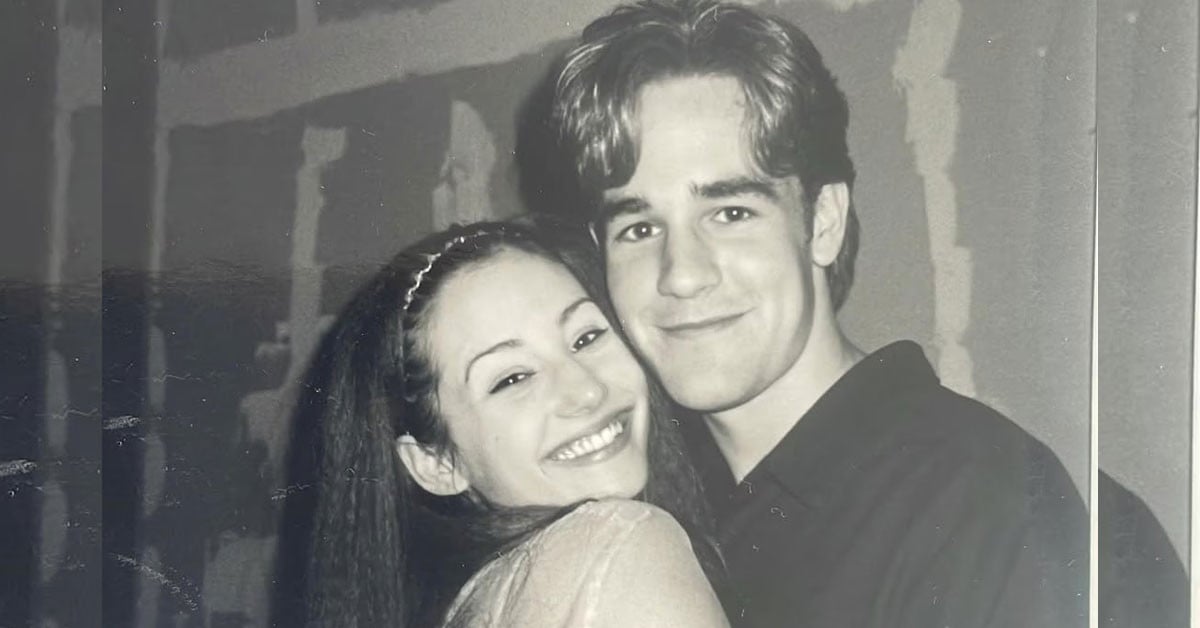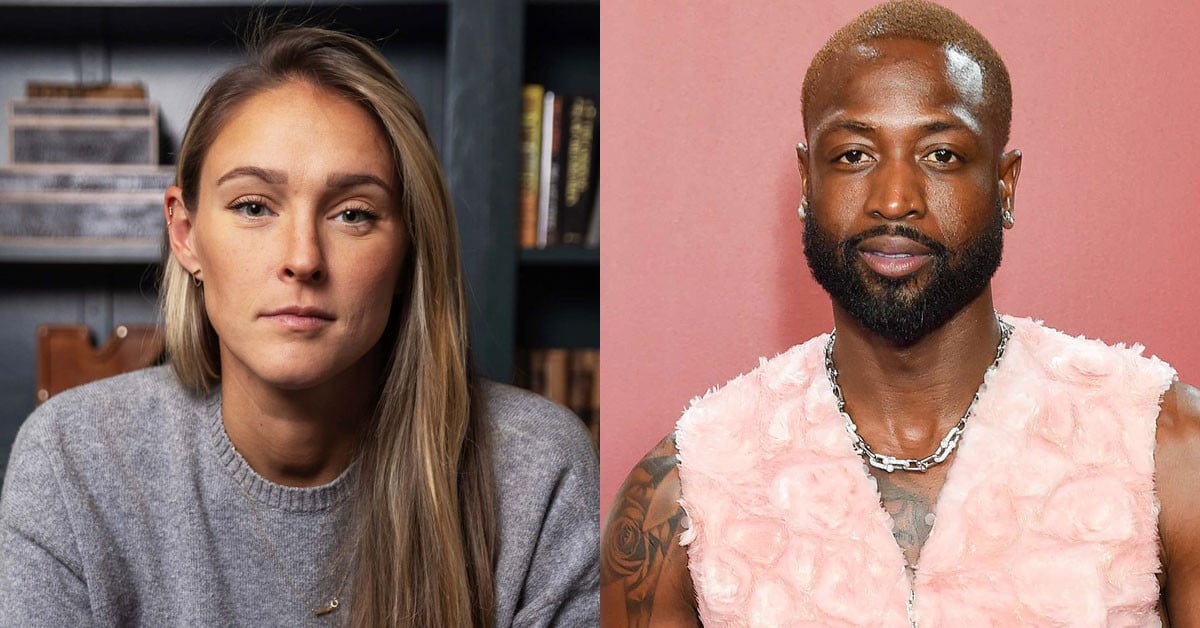Canada PM Trudeau survives no-confidence vote but remains on thin ice
The Liberals currently have 153 seats, versus 119 for the Conservatives, 33 for the Bloc Quebecois, and the NDP's 25
OTTAWA: Canadian Prime Minister Justin Trudeau on Wednesday survived a vote of no confidence in the first major test for his minority Liberal government whose popularity has waned after nine years in office.
His tenuous grip on power, however, is already set to face more challenges in the coming weeks, with the main opposition Conservatives vowing to try again to topple the government as early as Tuesday.
Following a heated debate that saw members of Parliament trade insults and slam their fists on desks, they voted 211 to 120 against the Conservative motion to unseat the Liberals.
Far ahead in public opinion polls, Tory leader Pierre Poilievre has been itching for a snap election since the leftist New Democratic Party (NDP) earlier this month tore up a coalition agreement with the Liberals, leaving the Trudeau administration vulnerable to being toppled.
A combative Poilievre railed against Trudeau for what he said was a failure to address soaring costs of living, a housing crisis and crime, while doubling the national debt.
The promise of Canada, "after nine years of Liberal government, is broken," he said during a Commons debate on Tuesday.
But other opposition parties, whose support is needed to bring down the Liberals, have pushed back against his right-wing agenda.
After the vote, Liberal House leader Karina Gould accused the Tories of "playing games."
"We are going to get back to work and do the hard work of governing this country," she added.
Try, try again
Immediately following the no-confidence vote, the NDP again sided with the Liberals to pass legislation on capital gains taxes, averting another political crisis.
Poilievre vowed to keep trying, with the next opportunity to bring down the government to be presented next week. If that fails, he will have a few more chances before the end of the year.
The separatist Bloc Quebecois has also demanded concessions from the ruling Liberals for its continued support in parliament beyond the end of October.
In Canada's Westminster parliamentary system, a ruling party must hold the confidence of the House of Commons, which means maintaining support from a majority of members.
The Liberals currently have 153 seats, versus 119 for the Conservatives, 33 for the Bloc Quebecois, and the NDP's 25.
Trudeau swept to power in 2015, and has managed to hold on by defeating two of Poilievre's predecessors in 2019 and 2021 ballots.
But he has faced a number of setbacks in recent months, including by-election losses in two of his party's strongholds.
'People are hurting'
During an appearance in New York on the "Late Show with Stephen Colbert" TV program on Monday evening, Trudeau acknowledged that Canadians are facing "a really tough time."
"People are hurting. People are having trouble paying for groceries, paying for rent, filling up the tank," and "are looking at change," he said.
The deal with the New Democratic Party to prop up the Liberals would have kept his government in office until late 2025.
But the NDP, seeing its alignment with the Liberals hurting its own popularity, exited the pact early.
Provocative, adept at catchphrases and a champion of an anti-establishment discourse, the populist Poilievre has continued to gain ground in recent months.
According to an Angus Reid poll, the Conservatives are well ahead of the Liberals, with 43% of voting intention against 21% for the ruling party. The NDP is at 19%.
With legislation pending on NDP priorities including a national dental plan, and because Canada rarely goes to the polls during its harsh winters, political analysts suggested an election will not likely be triggered until at least spring 2025.
University of Ottawa professor Genevieve Tellier told AFP: "Anything is possible. It could come before Christmas."
A weakened Trudeau administration under constant threat "will find it more difficult to govern" in the interim, she added.
-
DOJ blocks Trump administration from cutting $600M in public health funds
-
Scientists find strange solar system that breaks planet formation rules
-
Woman calls press ‘vultures’ outside Nancy Guthrie’s home after tense standoff
-
Casey Wasserman to remain LA Olympics chair despite Ghislaine Maxwell ties
-
Gigi Hadid feels 'humiliated' after Zayn Malik's 'pathetic' comment: Source
-
Ontario tuition freeze ends, allowing colleges and universities to raise fees
-
James Van Der Beek’s 'heartbroken' ex wife breaks silence of his death
-
Kylie Kelce breaks silence on 'beef' with Dwayne Wade
